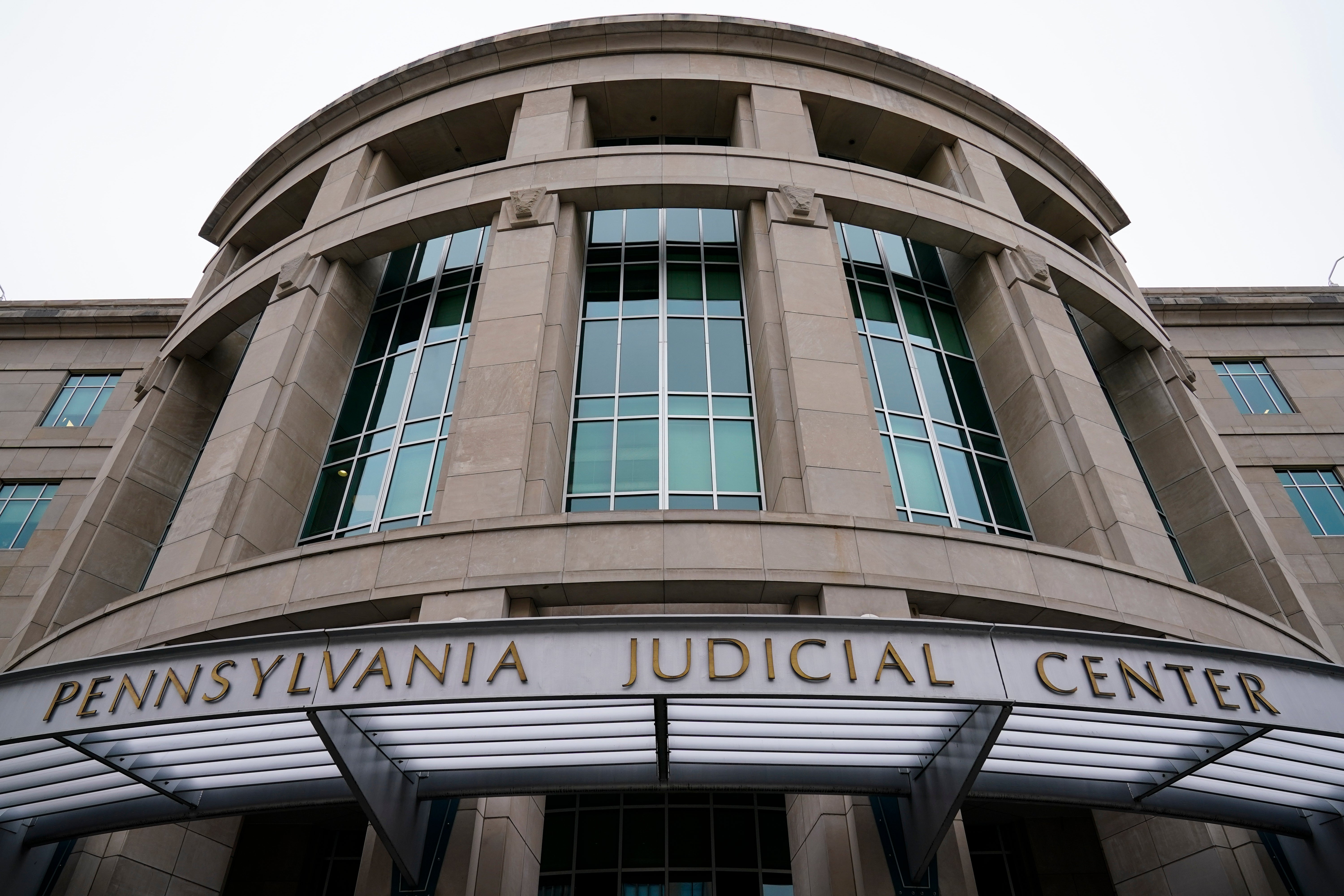A Pennsylvania court says state police can't hide how it monitors social media
Pennsylvania’s Supreme Court handed civil liberties advocates a victory, ruling that state police can't hide from the public its policy governing how it monitors social media

Pennsylvania's Supreme Court ruled Tuesday that the state police can't hide from the public its policy on how it monitors social media.
Advocates for civil liberties cheered the decision. The law enforcement agency had argued that fully disclosing its policy for using software to monitor online postings may compromise public safety.
All four Democratic justices supported the majority decision, which said the lower Commonwealth Court went beyond its authority in trying to give the state police another attempt to justify keeping details of the policy a secret. Tuesday's order appears to end a six-year legal battle.
A state police spokesperson said the agency is reviewing the court decision.
Andrew Christy, a lawyer with the ACLU of Pennsylvania, said the ruling “sort of puts law enforcement on the same playing field as all government agencies. If they have a legal justification to keep something secret, then they have to put forth sufficient evidence to justify that.”
People need to know what police are doing in order to decide if it's appropriate, he argued.
“Ultimately that relies on the voters understanding what law enforcement is doing so that then, through their elected representatives, they can rein them in when they're acting in a way that doesn't comport with what the public wants,” Christy said.
Justifying what the majority opinion described as heavy or complete redactions on every page of the nine-page regulation, the head of the state police's bureau of criminal investigations argued that greater transparency about the policy would make its investigations less effective.
The state Office of Open Records held a private review of the blacked out material and and ruled that making the policy public would not be likely to harm investigations, calling the social media policy processes strictly internal and administrative in nature.
Redacted sections addressed the use of open sources, what approval is required, when to go undercover and use an online alias and how to verify information. State police also blacked out the entire section on using social media for employment background investigations.
A panel of three Republican Commonwealth Court judges reversed the Office of Open Records' ruling that the policy should be disclosed without redactions, saying in May 2018 that the state police investigations chief based his analysis about the risk of exposure on his own extensive experience.
The majority decision issued Tuesday said Commonwealth Court should not have given the state police a new opportunity to lay out the supposed public safety risks. The majority ruled that Pennsylvania's Right-to-Know Law does not permit Commonwealth Court to order additional fact-finding not sought by state police.
“If PSP had requested the opportunity for additional fact-finding, our disposition today may have been different,” Justice David Wecht wrote for the majority.
The open records law has a timely and efficient process that should be followed, he added, noting that “six years already have passed.”
“If and when appellate review is allowed to serve as a reset button based upon a court's ill-defined policy concerns, there is no limiting principle, and the judiciary's claims to neutrality and ordered decision-making vanish,” Wecht wrote.
In a dissent, Justice Sallie Mundy said the lower court identified a question of fact that was unresolved: “whether there was a connection between the text of the document and risks articulated in the agency's affidavit” about public safety. She and Justice Kevin Brobson, who joined her dissent, are the high court's two Republicans.